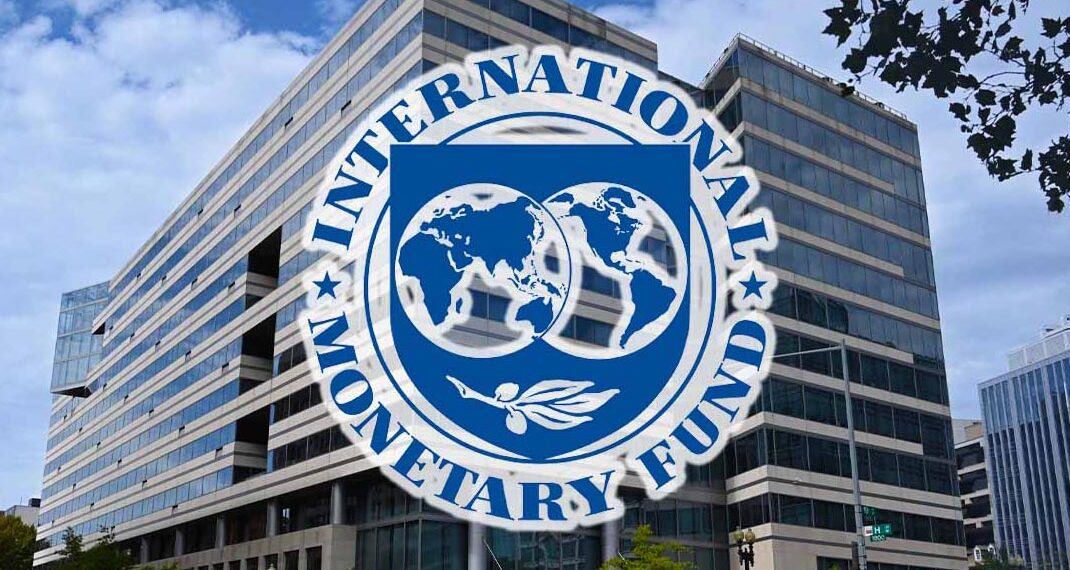Ghana’s IMF Deal: Will April Be a Make-or-Break Moment?
- IMF Reviews Ghana’s Economic Progress Ahead of Key April Assessment
The International Monetary Fund (IMF) has concluded its latest mission to Ghana, holding discussions with senior government officials as part of ongoing efforts to assess the country’s macroeconomic performance and policy direction under the Fund-supported Extended Credit Facility (ECF) programme.
A staff team, led by IMF Mission Chief Stéphane Roudet, visited Accra from February 10 to 14, engaging with President John Mahama, Finance Minister Dr. Cassiel Ato Forson, and Acting Governor of the Bank of Ghana, Dr. Johnson Pandit Asiama. Discussions centered on Ghana’s economic trajectory and the policies underpinning the 2025 national budget.
April Review Critical for IMF Disbursements
At the conclusion of the visit, Mr. Roudet noted that Ghana’s progress in meeting key IMF commitments would be formally assessed in April 2025. This fourth review of the ECF arrangement will determine whether Ghana remains on track to receive further disbursements under the $3 billion bailout package, aimed at stabilizing the West African nation’s fragile economy.
“The mission team engaged the Ghanaian authorities on recent macroeconomic developments and started discussions on policies that will underpin the 2025 budget. This dialogue is set to continue over the coming weeks,” Roudet stated.
The IMF team also met with representatives from various government agencies and key stakeholders to take stock of Ghana’s economic progress. The delegation acknowledged the constructive engagement of the Ghanaian authorities, particularly as the country faces a challenging post-debt restructuring recovery.
Macroeconomic Challenges Persist
The latest IMF visit comes at a time when Ghana is grappling with persistent fiscal deficits, inflationary pressures, and currency volatility. Although inflation has eased from its peak of over 50% in 2023, the cedi remains under pressure, and revenue mobilization remains a major challenge for the government.
The 2025 budget is expected to be a crucial test of the Mahama administration’s ability to maintain fiscal discipline while fostering economic growth. The IMF has consistently emphasized the need for expenditure control, improved tax collection, and structural reforms to sustain Ghana’s economic recovery.
Will Ghana Stay on Course?
The upcoming April IMF review will be pivotal. A positive assessment would unlock further IMF support, while any shortfalls in policy implementation could delay future disbursements. Given Ghana’s recent restructuring of external and domestic debt, adherence to IMF-backed reforms will be key in restoring investor confidence and re-entering the international capital markets.
The IMF’s presence in Accra underscores the continued global financial scrutiny on Ghana’s economic recovery efforts. With the 2025 budget expected later this year, all eyes will be on the government’s fiscal strategy as it navigates the road to economic stability.



